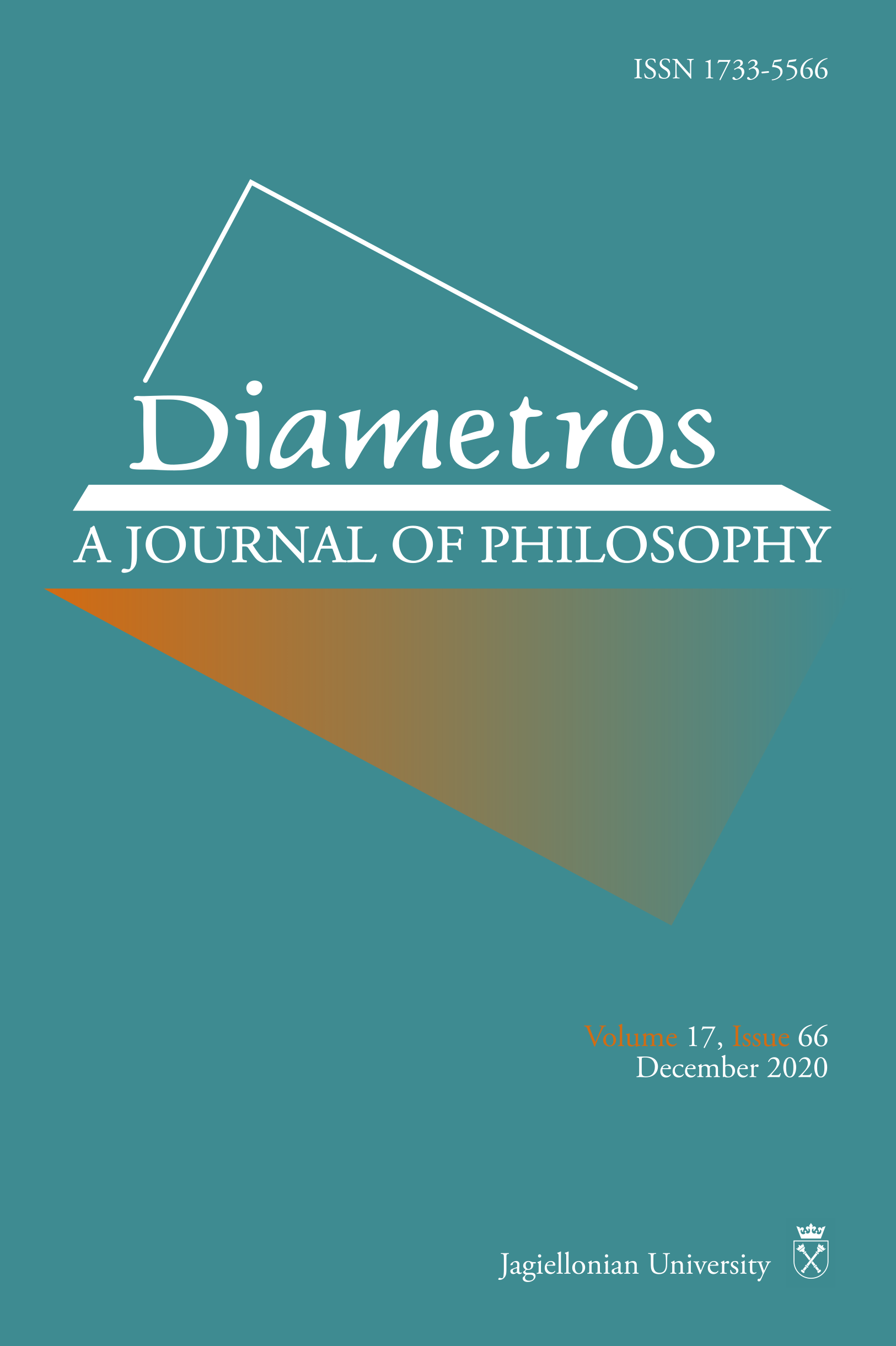Is Epistemic Safety Threatened by Frankfurt Cases? A Reply to Kelp
Main Article Content
Abstract
I intend to argue that the counterexamples inspired by the Frankfurt-type cases against the necessity of an epistemic safety condition for knowledge are not plausible. The epistemic safety condition for knowledge is a modal condition recently supported by Sosa (2007) and Pritchard (2015), among others, and can be formulated as follows: (SC) If S knows that p on basis B, then S’s true belief that p could not have easily been false on basis B. I will try to argue that the safety condition, expressed in (SC), is still necessary for knowledge and that, therefore, epistemic safety is not threatened by Frankfurt-type cases. In particular, I want to show that Kelp’s counterexamples are ineffective against (SC).
Downloads
Article Details
By submitting his/her work to the Editorial Board, the author accepts, upon having his/her text recommended for publication, that Diametros applies the Attribution 4.0 International (CC BY 4.0) license to the works we publish. Under this license, authors agree to make articles legally available for reuse, without permission or fees. Anyone may read, download, copy, print, distribute or reuse these articles without asking prior permission from the publisher or the author, as long as the author and original source are properly cited. The author holds the copyright without any other restrictions. Full information about CC-BY: https://creativecommons.org/licenses/by/4.0/legalcode.
References
Comesaña J. (2013), “Safety and Epistemic Frankfurt Cases,” [in:] Virtuous Thoughts: The Philosophy of Ernest Sosa, J. Turri (ed.), Springer, Dordrecht: 165–178.
Engel M. (1992), “Is Epistemic Luck Compatible with Knowledge?,” Southern Journal of Philosophy 30 (2): 59–75.
DOI: https://doi.org/10.1111/j.2041-6962.1992.tb01715.x
Frankfurt H. (1969), “Alternate Possibilities and Moral Responsibility,” Journal of Philosophy 66 (23): 829–839.
DOI: https://doi.org/10.2307/2023833
Goldman A. (1976), “Discrimination and Perceptual Knowledge,” Journal of Philosophy 73 (20): 771–791.
DOI: https://doi.org/10.2307/2025679
Goldman A. (1979), “What Is Justified Belief?,” [in:] Justification and Knowledge, G.S. Pappas (ed.), D. Reidel Publishing Company, Dordrecht: 1–23.
Kelp C. (2009), “Knowledge and Safety,” Journal of Philosophical Research 34: 21–31.
DOI: https://doi.org/10.5840/jpr_2009_1
Kelp C. (2016), “Epistemic Frankfurt Cases Revisited,” American Philosophical Quarterly, 53 (1): 27–37.
Kelp C. (2019), Good Thinking: A Knowledge First Virtue Epistemology, Routledge, New York.
DOI: https://doi.org/10.4324/9780429455063
Neta R., Rohrbaugh G. (2004), “Luminosity and the Safety of Knowledge,” Pacific Philosophical Quarterly 85 (4): 396–406.
DOI: https://doi.org/10.1111/j.1468-0114.2004.00207.x
Pritchard D. (2005), Epistemic Luck, Oxford University Press, Oxford.
DOI: https://doi.org/10.1093/019928038X.001.0001
Pritchard D. (2015), “Anti-Luck Epistemology and the Gettier Problem,” Philosophical Studies 172 (1): 93–111.
DOI: https://doi.org/10.1007/s11098-014-0374-0
Pritchard D. (2016), “Epistemic Risk,” Journal of Philosophy 113 (11): 550–571.
DOI: https://doi.org/10.5840/jphil20161131137
Sosa E. (2007), A Virtue Epistemology: Apt Belief and Reflective Knowledge, Volume I, Oxford University Press, Oxford.




